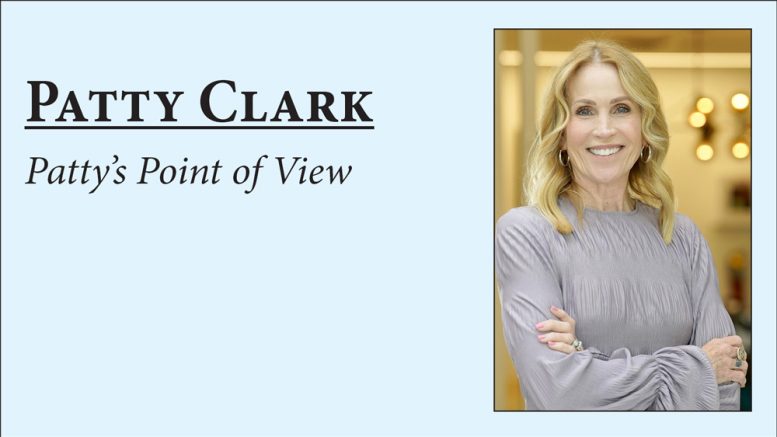Artificial Intelligence has officially graduated from buzzword status to workplace essential. Across industries, AI is boosting productivity, automating routine tasks, and freeing up time for teams to focus on what really matters, like thinking, collaborating, or finishing that second cup of coffee before noon. And while some worry about the impact on jobs, the bigger story is how AI is changing the nature of work, not canceling it altogether.
To stay ahead, workers should embrace AI as a helpful assistant, not a sneaky job thief. While AI tackles the repetitive, click-heavy stuff, humans bring brainpower, critical thinking, creativity, and emotional intelligence, which truly move the needle. In short, AI isn’t here to take your job … just the boring parts you probably didn’t love anyway.
So, is AI replacing jobs? Technically, yes. But it’s also creating new ones. According to the World Economic Forum, AI is expected to eliminate 85 million jobs by 2025, but it’s also projected to create 97 million new roles in their place. Tasks like data entry may be on the way out, but careers focused on strategy, leadership, and human-centered problem solving are on the rise. A thoughtful approach to change management can help teams step into these new roles with confidence and maybe even a little excitement.
The future of work is shaping up to be less about busy work and more about big picture thinking. AI can analyze data, but it can’t dream up the next big idea. It can answer questions, but it still can’t lead a team meeting without accidentally scheduling it during lunch. And while it might be great at spotting patterns, only humans can give those patterns meaning.
One of the coolest things AI is doing? Making work more inclusive and accessible. With tools like voice-to-text for smoother communication and smart office systems that adjust lighting and temperature for comfort, AI is making it easier for everyone to thrive. Even scheduling meetings has become less of a group sport thanks to intelligent tools that somehow find that one open slot no one else noticed.
AI isn’t a foe, it’s a tool. And like any good tool, it’s all about how you use it. The teams that embrace the shift, keep learning, and lean into what humans do best will be the ones shaping the future of work.
Stay tuned for the next edition of “Patty’s Point of View,” where workplace trends are always made clear, current, and served with a side of fun – no snooze fests.


Be the first to comment on "AI integration: friend or foe? (Spoiler: it’s mostly a friend)"